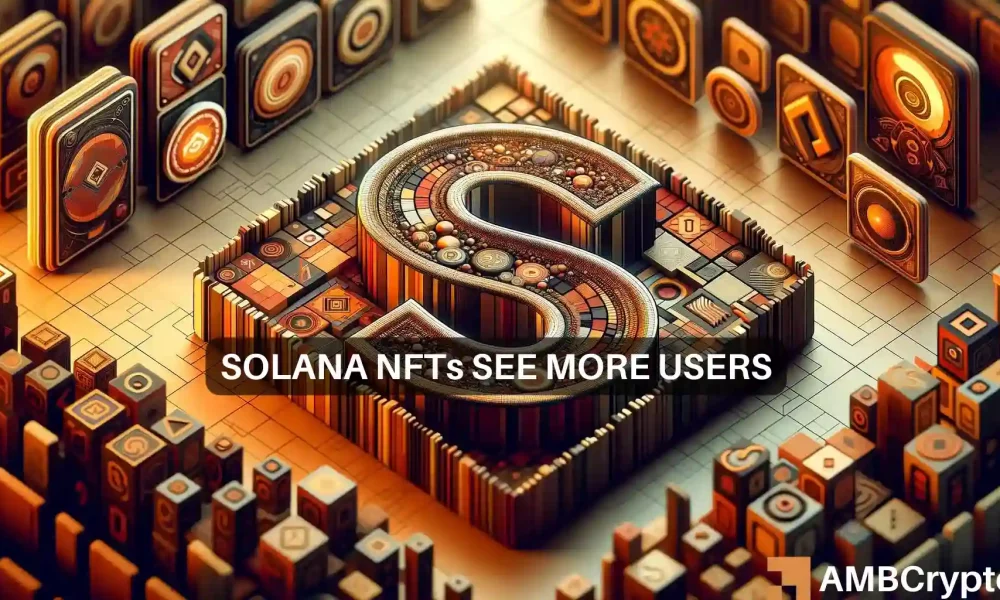Scientists can leverage blockchain tools, such as smart contracts and tokens, to improve collaboration in scientific endeavors between different stakeholders. This so-called decentralized science movement, or DeSci for short, combines blockchain and Web3 technologies to improve scientific research.
A primary goal of DeSci is wider participation and funding when approaching scientific challenges, as well as democratizing the peer-to-peer review process, which is dominated by a few journals in which it can be costly to appear and combatting censorship. DeSci can also create standards for research storage with the proof of existence technology. Whereas on financial blockchains such as Bitcoin, transactions are verified by a network of miners, research could also be verified by participants in a blockchain network of scientists, etc.
Decentralization of science
Blockchain-based peer review ecosystems can be transparent, and they can lend credibility to research contributed by even pseudonymous participants. Scientists might, for instance, receive a stake or “reward” for participating, incentivizing a wider community to contribute.
Essentially, decentralized science makes possible the development of platforms that empower more people to work with what Dr. Benjamin Bratton calls the “source code of matter” at a fundamental level. To democratize science through decentralized science would allow for a new kind of interface layer for a modern Scientific Revolution. The way to do this is to decentralize access to scientific pursuits — in short, to allow citizen-scientists a role.
We saw this happen with computers, and we believe it could happen with science generally. At the beginning of the computer revolution, software was difficult to work with. Very few understood the rarified technologies, which, over time, became increasingly intuitive and simplified — thanks to different levels of abstraction — and therefore allowed more people to become valuable contributors. Some of the technologies that made this possible include Javascript and helpful packages developed to make coding more efficient. At a lower level of abstraction, there is a technology like WordPress that allows people who don’t understand software or coding to set up their website.
Blockchain tech for science
Blockchain technology (tokens, NFTs, metaverses) has the potential to positively impact platform economics in such a way that democratizes access to scientific collaborations. When you think of platforms, you generally think of Uber or Airbnb, which are world-changing projects, in and of themselves. But, the economics of platforms is something that is a very new field of research and is indeed even pushing game theory as an academic discipline forward. This process began with Bitcoin (BTC) and has only been furthered by Ethereum (ETH) and the dozens, if not hundreds, of other blockchains since.
Related: Which blockchain is the most decentralized? Experts answer
Historically, web platforms and apps have tended to be centripetal in their process of value creation; the more they are used, the more value the platform builder realizes. Blockchain makes possible a more equitable arrangement whereby the more people who participate in any given platform, and the more people adding value to the platform, the more they are getting back from the platform.

Decentralized science (DeSci) is different from an IP platform or a platform in which the more it is used, the more the platform benefits, and the value consolidates. In the case of DeSci, the people who generate the value — the researchers, the scientists, citizen scientists, etc. — gain value in line with the value of their contribution; i.e., the more it is used by other researchers and scientists, etc., the more value they receive.
The impact that this can have on basic research in science and math and other kinds of things could be enormously important. DeSci is creating new ways of contributing and…
Read More: cointelegraph.com









 Bitcoin
Bitcoin  Ethereum
Ethereum  Tether
Tether  Solana
Solana  USDC
USDC  XRP
XRP  Lido Staked Ether
Lido Staked Ether  Toncoin
Toncoin  Dogecoin
Dogecoin  Cardano
Cardano  Shiba Inu
Shiba Inu  Avalanche
Avalanche  TRON
TRON  Wrapped Bitcoin
Wrapped Bitcoin  Polkadot
Polkadot  Chainlink
Chainlink  NEAR Protocol
NEAR Protocol  Bitcoin Cash
Bitcoin Cash  Polygon
Polygon  Litecoin
Litecoin  Internet Computer
Internet Computer  Fetch.ai
Fetch.ai  Uniswap
Uniswap  LEO Token
LEO Token  Dai
Dai  Pepe
Pepe  Hedera
Hedera  Ethereum Classic
Ethereum Classic  Render
Render  Immutable
Immutable  First Digital USD
First Digital USD  Aptos
Aptos  Wrapped eETH
Wrapped eETH  Cosmos Hub
Cosmos Hub  Cronos
Cronos  Mantle
Mantle  Filecoin
Filecoin  Arweave
Arweave  Stellar
Stellar  OKB
OKB  Stacks
Stacks  The Graph
The Graph  Renzo Restaked ETH
Renzo Restaked ETH  dogwifhat
dogwifhat  Bittensor
Bittensor  Arbitrum
Arbitrum  Maker
Maker